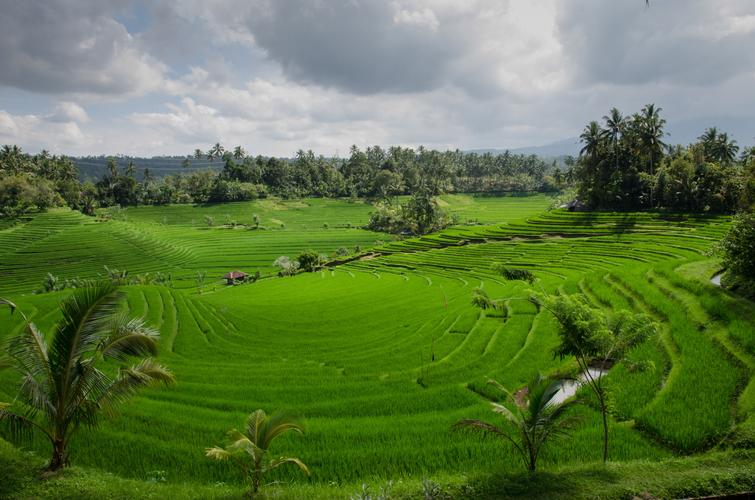Exploring the Fascinating World of Cultural Norms in India
India is well known for its cultural diversity and unique traditions that are deeply rooted in its historical past. The land of colorful festivals, intricate art, and exquisite cuisine is home to dozens of subcultures, each with its own set of traditions and norms. In this article, we will explore the fascinating world of cultural norms in India and see how they shape the social fabric of this diverse country.
Family Values
In India, family values are considered of the utmost importance, and the concept of family extends beyond immediate blood relatives to include close friends and neighbors. The family structure is hierarchical, with the eldest male member serving as the head of the family and making all major decisions. Respect for elders, especially parents and grandparents, is expected and practiced from a young age.
Gender Roles
Gender roles in India are largely traditional with men expected to be the breadwinners and women to take care of the household and children. However, this mindset has been gradually changing with more women entering the workforce and breaking stereotypes. That being said, women are still expected to adhere to strict behavioral norms, such as modest dressing, and their independence is often curtailed by societal norms.
Religious Beliefs
India is a melting pot of religions with Hindus, Muslims, Christians, Sikhs, and Buddhists coexisting peacefully. Religion plays a significant role in shaping the lives of Indians, with most people following a set of religious practices and customs. Religious festivals such as Diwali, Eid ul-Fitr, Holi, and Christmas are widely celebrated, and each community has its own set of customs and traditions.
Caste System
The caste system is a significant aspect of Indian society, with each individual being born into a specific caste that determines their social status and profession. Although it has been officially abolished, its remnants can still be felt in many aspects of daily life, including marriage and employment opportunities.
Honoring Guests
Indians are known for their hospitality and warmth towards guests. Guests are treated with utmost respect, and it is considered a duty to ensure their comfort and wellbeing while they are in one’s home. The ancient Indian concept of “Atithi Devo Bhava” (guest is god) is ingrained in the psyche of most Indians.
Food Culture
Indian cuisine is known for its rich flavors and spices, and the food culture is deeply ingrained in daily life. Meals are often prepared with great care and are a way to bring people together. The way food is served and eaten is also steeped in tradition, with roles and expectations for each family member.
Conclusion
India’s cultural norms are distinctive and are influenced by its rich history and diverse traditions. Although there are challenges in maintaining a balance between tradition and modernity, Indians are proud of their cultural heritage and take great pride in preserving it. Understanding and respecting cultural norms is essential when visiting India or interacting with Indians, as it helps build bridges and fosters deeper connections.
(Note: Do you have knowledge or insights to share? Unlock new opportunities and expand your reach by joining our authors team. Click Registration to join us and share your expertise with our readers.)
Speech tips:
Please note that any statements involving politics will not be approved.
